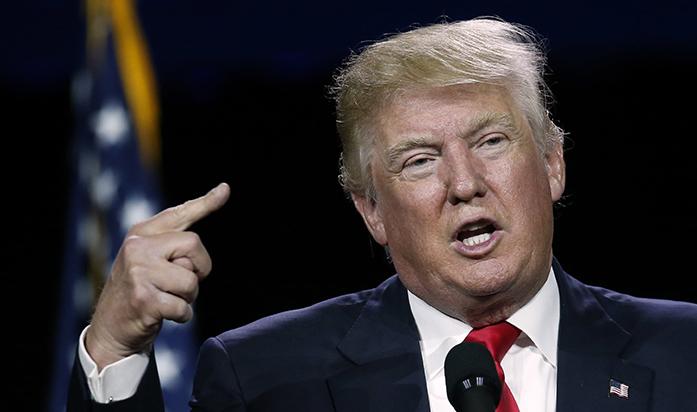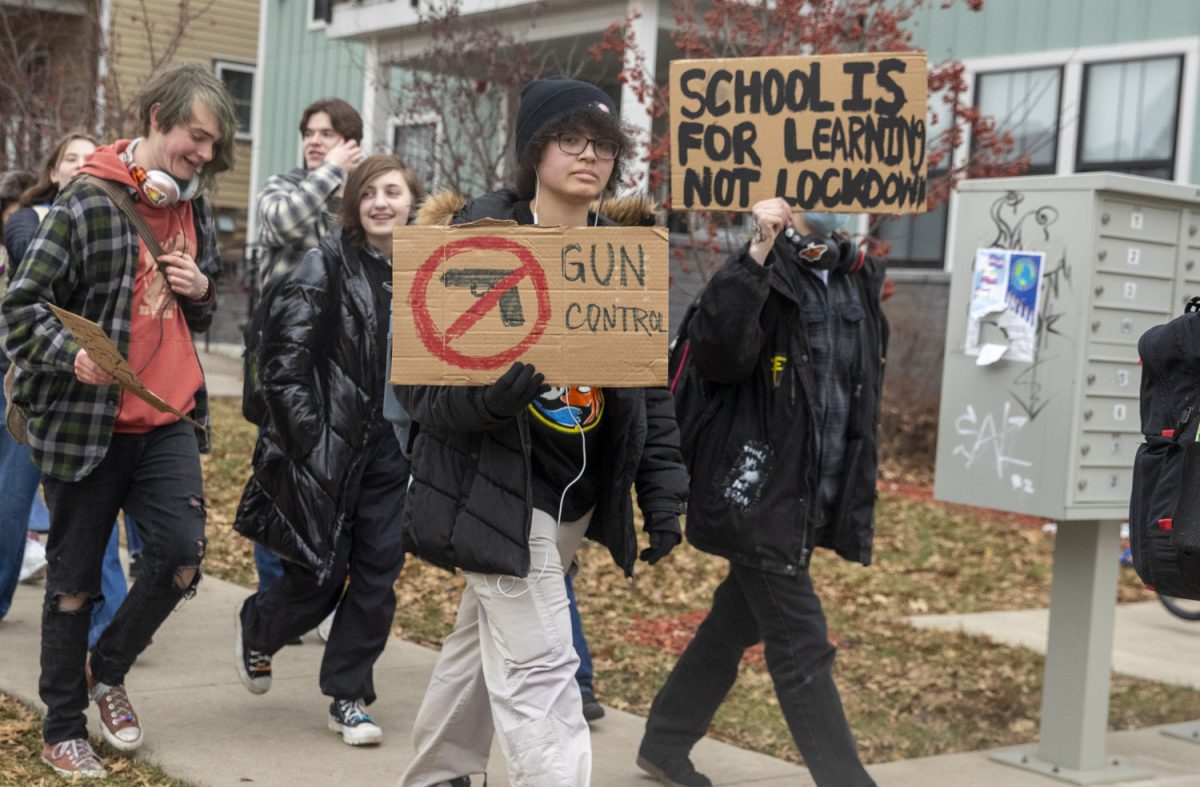Republican presidential hopeful Donald Trump’s blatant xenophobia and bigotry have become staples for his campaign, which has garnered the support of the some of the most skewed ideologies present in the United States. This past weekend Trump tweeted a meme depicting presumed Democratic presidential candidate Hillary Clinton behind a backdrop of $100 bills and a Star of David with the phrase “Most Corrupt Candidate Ever” inside the star.
Trump later deleted the tweet and replaced it with one of a circle replacing the Star of David, but criticism for the not so veiled anti-Semitic message had gained traction. This is especially so given it was the same weekend Elie Wiesel, Nobel Peace Prize laureate and an icon in the human-rights movement, passed away, making the tweet all the more insulting in the larger context.
The confluence of imagery in Trump’s tweet point to a pretty obvious anti-Semitic subtext, given the negative stereotypes attributed to the Jewish people. It is not the first time Trump has publicly made offensive remarks, and if anything, by comparison with previous behavior, the hateful message in the tweet could even be considered subtle by Trump “standards.”
At this point it cannot be argued that Trump does not know his audience and is conscientiously pandering to them, but the danger in that extends further than the immediate impact on targeted demographics and individuals. Trump’s pandering is normalizing hateful, fear-mongering rhetoric in an attempt to reinstall the ideologies found in some of the lowest points in American history.
Donald Trump cannot run a platform of outright bigotry, but what he can do is leave a trail for those in his support with more base and antiquated beliefs. The problem is that Trump’s tacit acceptance of radical ideologies is not limited to him, because he now for better or worse represents an entire political party. Support for Trump by members of his party equates to support of Trump’s beliefs and by extension the far-right radicalism he flirts with. Even in the revised tweet, a clue is left behind for Trump’s less than reputable bedfellows in the hashtag #AmericaFirst.
The hashtag #AmericaFirst seems to be in conversation with the America First Committee, which was a prominent antiwar organization in the time immediately preceding the bombing of Pearl Harbor. More specifically, the hashtag echoes a partially anti-Semitic speech made by Charles Lindbergh in Des Moines on Sept. 11, 1941, in which he said the Jewish people posed a threat to the country by virtue of “their large ownership and influence in our motion pictures, our press, our radio, and our government,” and this seems to be the tradition Trump is trying to emulate and revitalize.
Given the way this country’s political system is set up and the current cultural landscape, the emergence of a pseudo-nativist demagogue in the making such as Trump is not the most surprising turn of events. However, ambivalent endorsement of Trump’s muted or not-so-muted bigotry threatens to undo decades of progress, and it’s hard to believe that Trump is not aware of this. With a platform such as “making America great again,” it is apparent Trump wishes to return us to the past. That said, we need to think about just what groups in this society were benefiting the most the first time America was “great” and who today would benefit most from a walk down memory lane.










